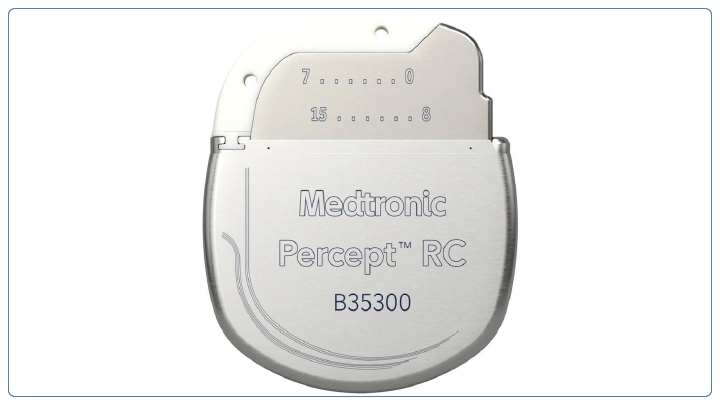FDA Grants Approval for Medtronic’s Personalized Brain Stimulation Device for Parkinson’s
Medtronic has received approval from the FDA for the BrainSense Adaptive Deep Brain Stimulation (aDBS) system and the BrainSense Electrode Identifier (EI) in what can truly be termed a leap forward for personalized neuromodulation technology. Being the world's first and only system that can dynamically adjust deep brain stimulation in real-time, BrainSense aDBS is a game changer.

Different from traditional deep brain stimulation (cDBS), the adaptive aDBS utilizes proprietary BrainSense technology to adjust therapy based on individual brain activity. Such an approach removes the burden from patients, who need not manually alter stimulation settings; rather, it gives clinicians enhanced insight into disease progression. This innovation is very important, said Executive Vice-President Brett Wall, because Medtronic is the only company that has an adaptive DBS system that adjusts therapy in real-time.
The Growing Need for Advanced Parkinson’s Treatments
The mainstay of treatment options for Parkinson's disease remains the key, for there is no known cure. Medtronic has improved its Percept DBS neurostimulators with BrainSense technology, which stipulates an alternative path that integrates patient data in real time to optimize therapy in the clinic and in the home. The BrainSense aDBS system presents a paradigm shift by using brain activity in real-time for patient-specific adjustments to stimulation for symptom relief, real-time feedback control of stimulation to ablate symptoms from neurological fluctuations, and improve patient monitoring, which, in turn, assists clinicians to learn more about their patients' activities over time for treatment decisions. This novel approach could offer a great benefit for patients who suffer from fluctuations in motor symptoms, dyskinesias, and other side effects attributable to conventional DBS, according to Dr. Todd Herrington, director of the Deep Brain Stimulation Program at Massachusetts General Hospital and assistant professor of neurology at Harvard Medical School.
Largest Commercial Launch of BCI Technology
Medtronic approved BrainSense Adaptive Deep Brain Stimulation (aDBS) for Parkinson's disease patients implanted with a Percept neurostimulator. The approval came following what is now the world's largest commercial launch of brain-computer interface (BCI) technology. This last part is after an exhaustive international clinical study involving leading academic institutions, including Stanford University School of Medicine, University of California San Francisco, Massachusetts General Hospital, and Amsterdam University Medical Center. The study results found that aDBS provided superior motor symptom control and greater patient satisfaction because it adapted therapy in real-time. The Human Motor Control and Neuromodulation Lab director at Stanford University School of Medicine, Dr. Helen Bronte-Stewart, articulated the transformative possibilities of the technology.
A Leap Forward in Neuromodulation Technology
Paolo Di Vincenzo, the president of Medtronic's neuromodulation business, praised the unique capabilities of BrainSense technology that provides clinically meaningful insights using a person's brain signals for a real-time view of his or her conditions. BrainSense aDBS and EI is available in European countries, with patient programming to begin in selected healthcare systems across the U.S. in the coming weeks. Medtronic's furtherance of opening up this platform will redefine the treatment landscape for Parkinson's disease, offering hope to patients and their healthcare providers around the globe.